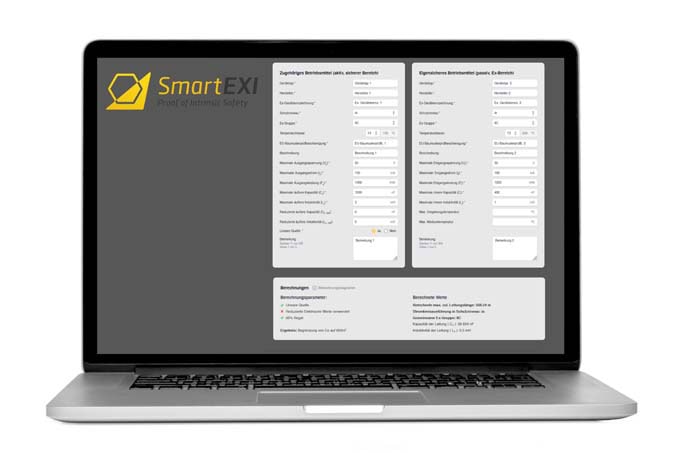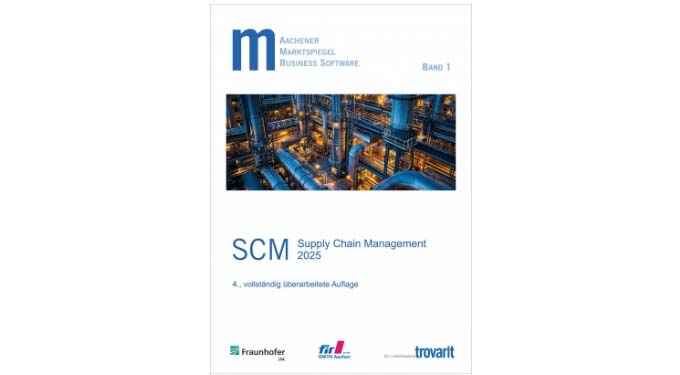More IoT or Nightmare IoT?
The Internet of Things (IoT) has what it takes to solve many current problems in our society. At the same time, its hunger for data poses a potential risk to the protection of privacy and offers cyber-attacks new areas of attack. The IoT conference of asut addressed these contradictions, presented solutions and highlighted opportunities.

More IoT or nightmare IoT? Physicist Thomas Röder from SGS Digital Trust Services in Graz showed that the IoT can only unfold its potential if the security and reliability of high-performance networks and thus the trust of users are guaranteed. For Jan-Peter Meyer-Kahlen, Vice President of Ericsson GmbH, IoT-driven innovation can only reach its full potential with the availability of 5G networks. Egon Steinkas-serer, Chief Product Officer B2B at Swisscom sees a diverse and innovative partner ecosystem as key to the successful implementation of IoT solutions. Oscar Pallarols, Innovation & Product Strategy Director of Cellnex Telecom Spain spoke about the current and future impact of IoT and its influence on Europe and Switzerland.
Alexander Lehrmann, Director New Business Development & Innovation at Sunrise, explained how sensors for recording a cow's vital data increase animal welfare and milk production. Marc Nägeli, CEO of Hinni AG, reported how the vital resource of water is efficiently protected with the help of IoT drinking water monitoring. And according to Thomas Wunderli, IoT helps Migros to reduce CO2 emissions in the supply chain and thus shape a sustainable future.
But in the midst of sensors and networked things, of data streams, analysis tools and algorithms, where does the human being actually end up? This question was posed by data specialist Giulia Fitz-patrick, co-founder of Zetamind AG. For her, one thing is clear: data must be handled responsibly and the necessary fundamental rights must continue to be guaranteed so that values continue to be upheld in a world shaped by IoT. And not only the benefit is in the center.
Technological leaps and data security
Over the centuries, technological developments have repeatedly helped people to lead a better life and to advance prosperity. At the same time, however, technological achievements have often been the catalyst for environmental problems and social challenges. According to some experts, IoT technology could break this pattern and establish itself as an effective toolkit for greater sustainability because it connects people, objects and processes to the internet that were beyond the reach of older technology. This opens up countless possibilities: Smart and livable cities, an efficient and affordable healthcare system, innovative and competitive industry, sustainable energy, transport and logistics systems.
Data-driven processes and comprehensive networking of devices, machines and infrastructures are also the prerequisite for making digital Switzerland a reality. However, the fact that data is the lifeline of IoT immediately raises the question of its risks. The success of IoT will therefore also depend on social acceptance and on how it can be reconciled with the protection of data and privacy rights.









